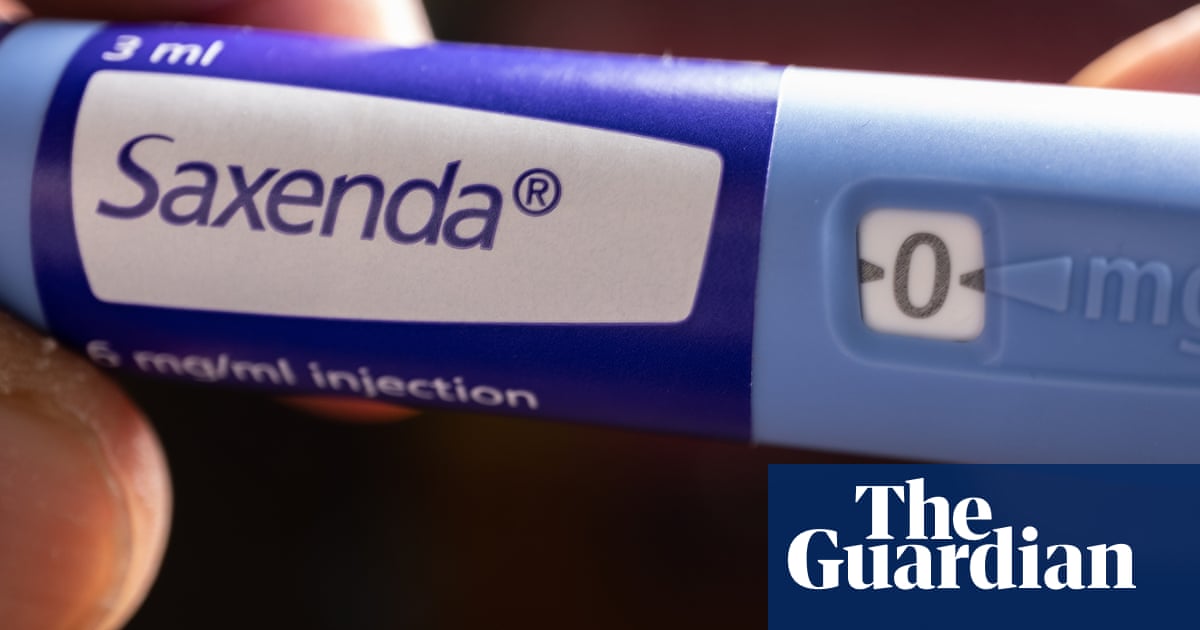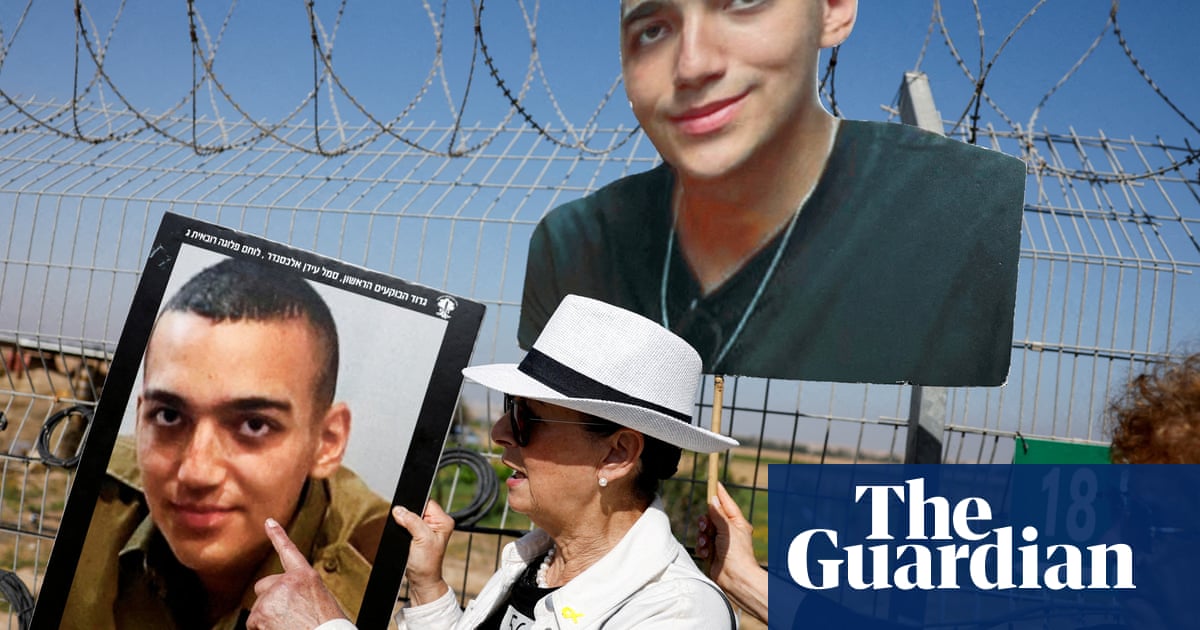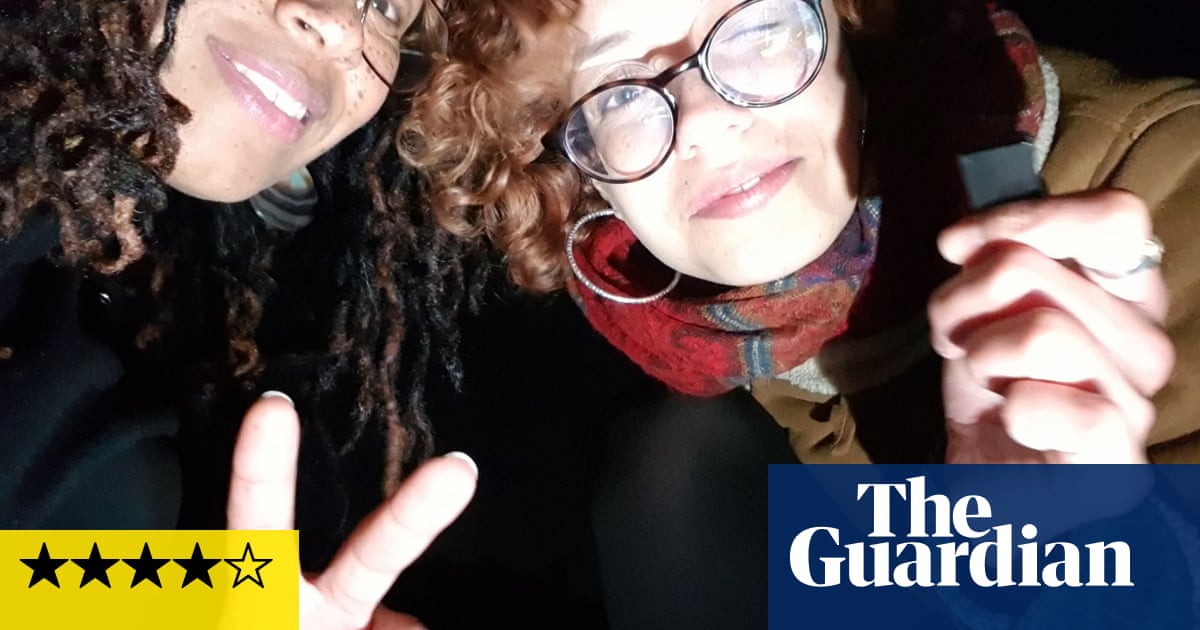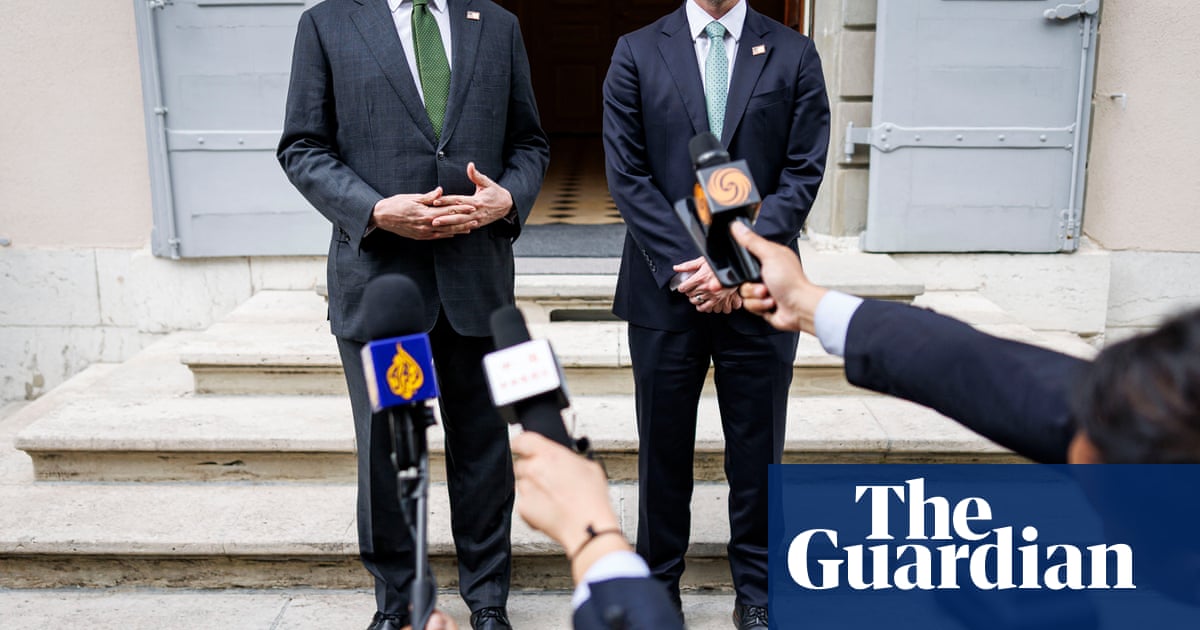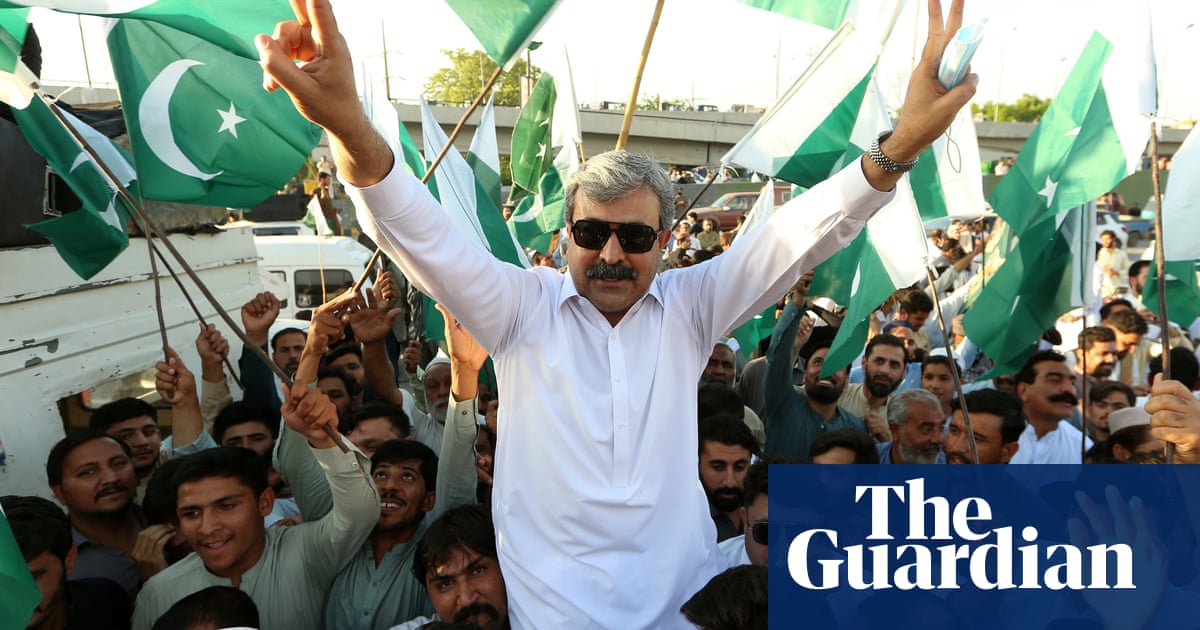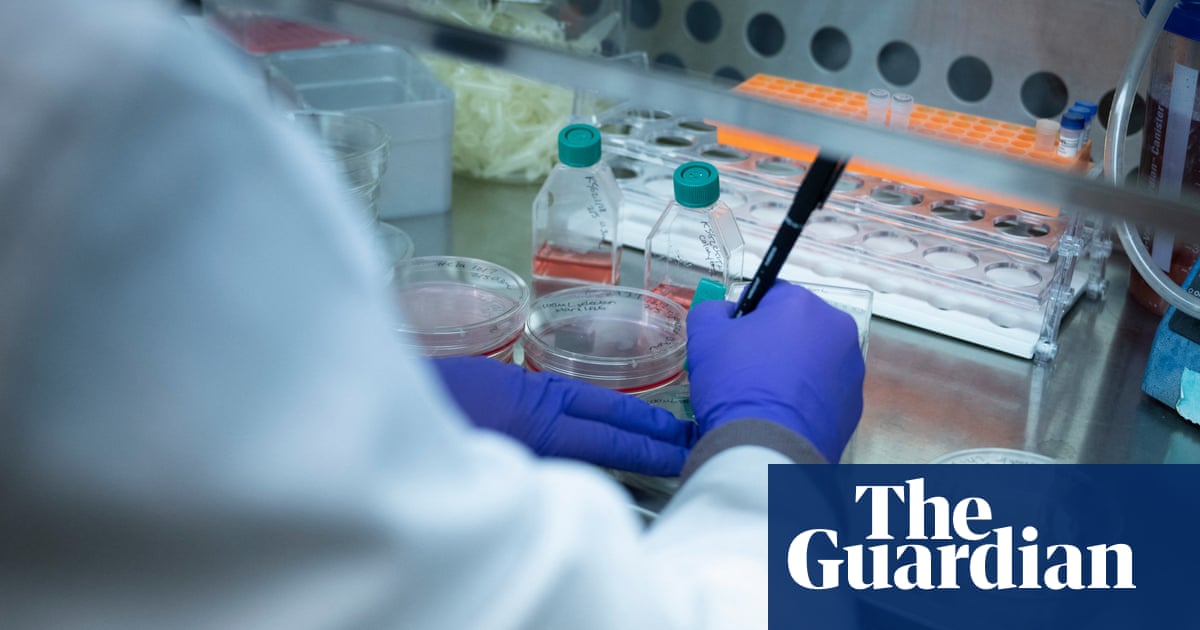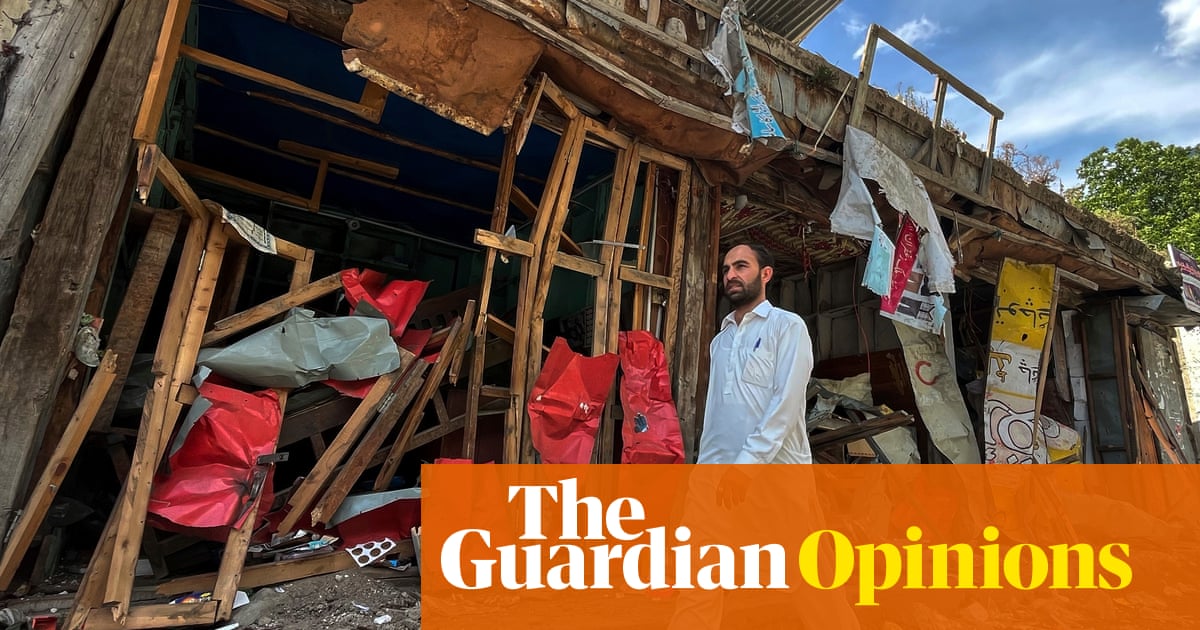Siwar Ashour was born into war and hunger and has known nothing else. She is now in real danger of dying without ever having known a moment of peace or contentment.
The six-month-old Palestinian girl, whose painfully emaciated body symbolised the deliberate starvation of Gaza when she appeared on the BBC this week, was only 2.5kg when she was born on 20 November last year.
From birth, Siwar had a problem with her oesophagus that has made it hard for her to drink breast milk and left her dependent on specialised formula, which is in critically short supply.
Her parents’ home in al-Nuseirat, halfway up the coast on the Gaza Strip, was bombed earlier in the war, which began in October 2023 when Hamas killed 1,200 people in Israel, leading to an Israeli assault that has so far killed more than 52,000 people in Gaza. They lived in tents for a while but it was almost impossible to get food or water in the camp and it also came under Israeli fire.
They tried going back to al-Nuseirat to stay at Siwar’s grandparents’ home, but that was bombed, too. All that was left of the building was a single room, which they shared with 11 other people. That was where Siwar was born.
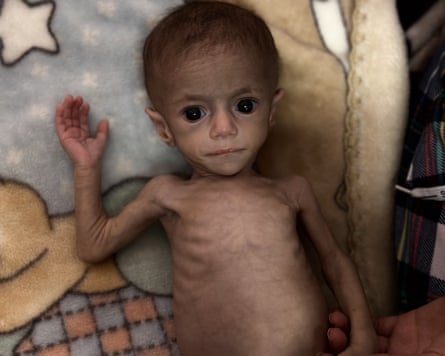
“I was exhausted all the time. There was no privacy, and I couldn’t get any rest,” Najwa Aram, Siwar’s 23-year-old mother said. “There was no food or proper nutrition, and when I gave birth to her, she was not like other babies.”
“When she was born, she was beautiful despite the weakness visible on her features,” she said. “But now she is unnaturally thin. Babies her age are supposed to weigh six kilograms6kg or more – not just 2 to 4kg.”
Najwa found out last month she was pregnant with her second child, but lives in terror of losing Siwar before her brother or sister is born. She has moved to Khan Younis to stay with her mother, but has spent most of the past few months in hospital with her frail daughter.
Her husband, Saleh, is blind, and had to stay behind in al-Nuseirat. The relentless bombing has forced the family to move several times, like almost all families in Gaza, and has torn them apart.
“Even though Siwar’s father is blind, he used to play with her a lot. He visited us in the hospital only once, as he cannot move without someone accompanying him,” Najwa said. “He fears for her even more than I do – he is deeply attached to her.”
The family has no source of income so relies on charity kitchens for food and some humanitarian aid, but that too is in desperately short supply as Israel’s total blockade of Gaza approaches the 70-day mark. Philippe Lazzarini, the head of the UN relief agency, Unrwa, said this week: “the manmade and politically motivated starvation in Gaza is an expression of absolute cruelty”.
Najwa and her mother have a single sack of flour left, as well as a few tins.
“Once this runs out, we won’t be able to buy anything due to the high prices,” Najwa said. Even more critically, supplies of the special milk formula that Siwar needs are harder and harder to find.
“I am also suffering from malnutrition. Still, I try to breastfeed Siwar, but she refuses and continues to cry, completely rejecting me,” Najwa said. “That’s why I’ve had to rely more on formula milk. When I used to breastfeed her, one can of formula would last a month. Now it runs out in less than a week.”
Najwa and her daughter spent much of March in hospital in Deir al-Balah, where there was a milk formula that seemed to work, bringing Siwar’s weight up to 4kg.
“I noticed that Siwar started to smile and play, which made me happy and gave me hope that her health might improve.”
But that fragile moment of hope crumbled when they were discharged, and Siwar started losing weight again. She was referred to Nasser hospital in Khan Younis, where mother and daughter remain, for now.
“The doctors are doing everything they can to take care of her, but she also doesn’t tolerate the formula they prepare for her,” Najwa said. “The hospital situation is bad. There are six patients in each room. Everywhere you look, there is suffering. There’s a child in worse condition than Siwar.”
“Seeing my daughter in this state every day gives me insomnia,” she said. “I’m constantly anxious and overthinking. Sometimes I can’t bear seeing her like this, and I start crying. I’m so afraid of losing her. Can’t the world open the crossings to allow in milk, food, and medicine. All I want is for my daughter Siwar to live like the rest of the children in the world.”
Dr Ahmed al-Farah, the director of the children’s and maternity building at the Nasser medical complex, said between five and 10 new malnutrition cases are being recorded there every day.
“We’re seeing severe cases. Malnutrition appears in children in a horrifying and extremely visible way,” Farah said. “We have nothing to offer them. They need proteins, but there are none. We try to provide a little milk, perhaps powdered milk, but we can’t offer anything more.
“On top of that, the severe overcrowding in hospitals leads to increased disease transmission among children,” he added.
There is only enough fuel left at the Nasser complex to keep the generators going for another 48 hours. They have already had to shut off electricity on the administrative floors to make it last a little bit longer, but the power supply will soon have to be cut to the overcrowded patients’ wards.
“We are helpless in the face of their needs – we cannot provide food, supplements, medication, or vitamins appropriate for their conditions,” the doctor said. “I studied malnutrition in medical school textbooks. I used to think that study would remain theoretical, something we’d never see in real life. But now, those textbook descriptions have come to life before our eyes in Gaza,” Farah said.
“I call on the world to see us as human beings – we were created just like everyone else.”

.png) 18 hours ago
7
18 hours ago
7
